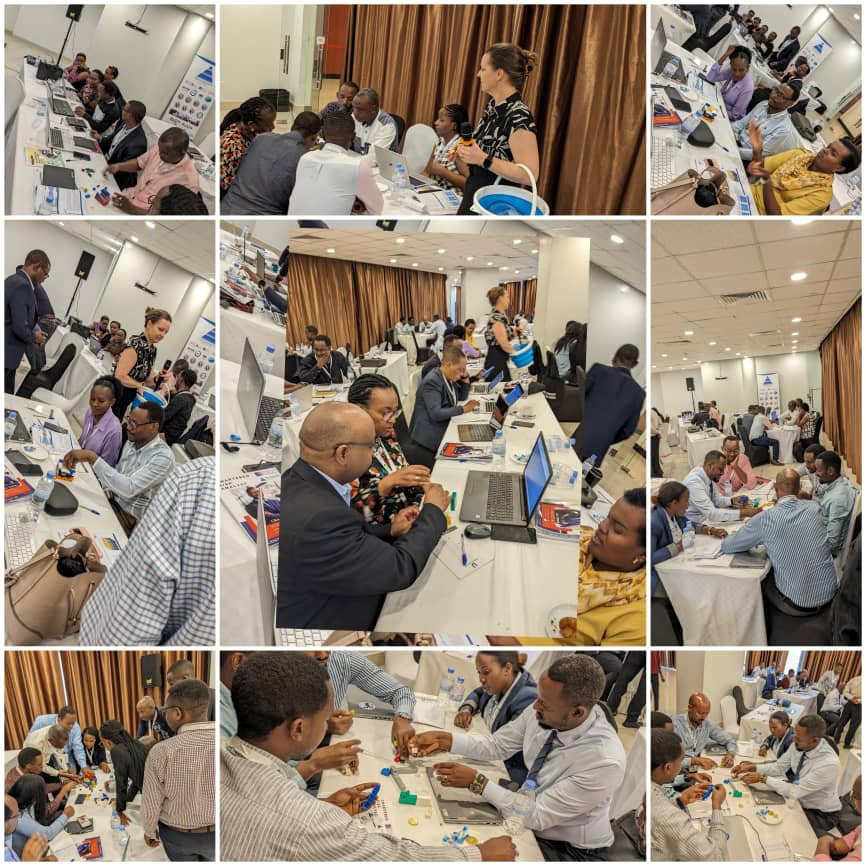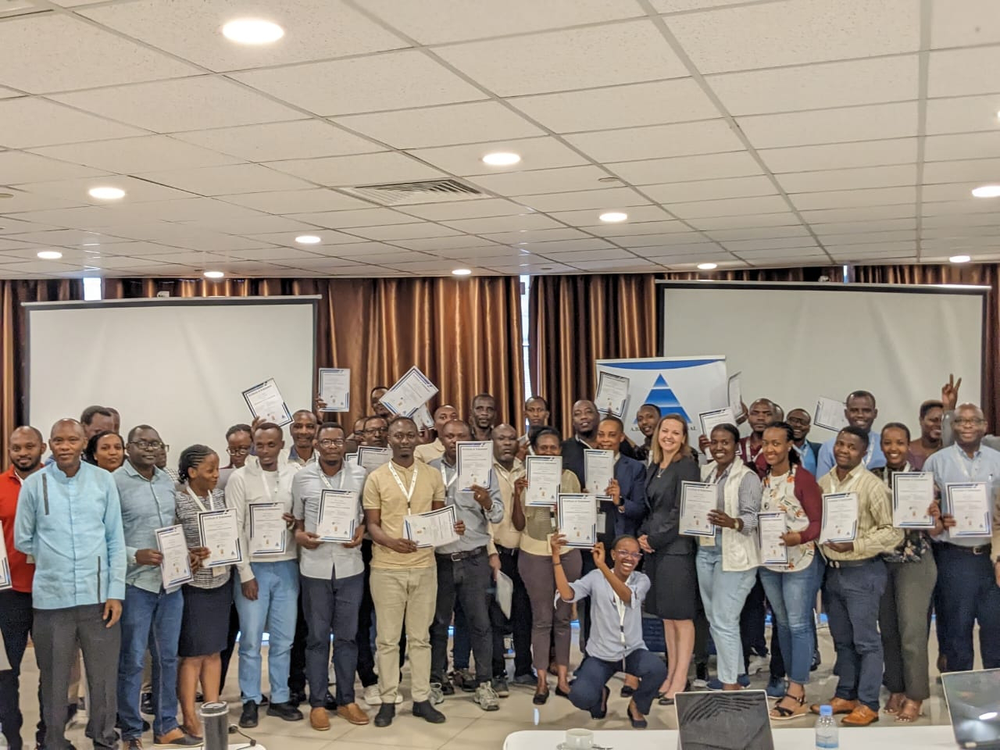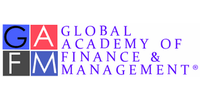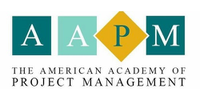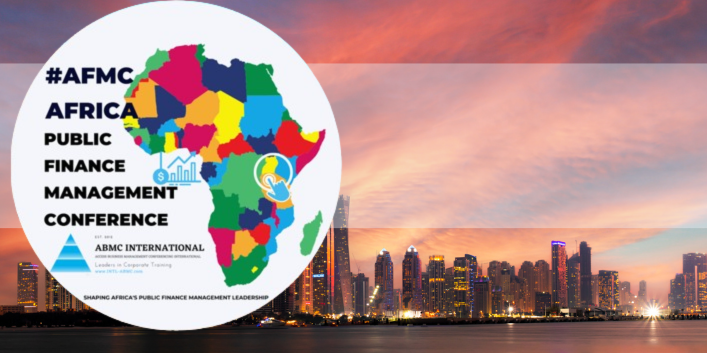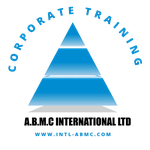Event Details
Dear Procurement and Supply Chain Profession,
We are excited to share with you an official invitation of attendance, to one of the leading Africa Procurement and Supply Chain Leaders' Conference in Dubai, U.A.E this year.
We have made it possible for you to get an official invitation letter and documentation towards participation at the Africa Procurement and Supply Chain Leaders' Conference in Dubai, U.A.E.
Fill in your details below and you will automatically get your Invitation letter, use the description that would fit your address and title on the invite letter. You can request several times based on how you fill appropriate, e.g. an invite to, Procurement director, CPO, CSCO or COO etc.

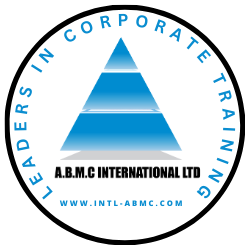
Theme: Procurement and Supply Chain Management Transformation: AI and Technological Innovation.
Africa Procurement & Supply Chain Leaders' Conference Background
The Africa Procurement & Supply Chain Leaders' Conference (APSC), organized by ABMC International Group, is a premier event dedicated to advancing procurement and supply chain excellence across Africa and beyond.
As global supply chains undergo rapid transformation driven by technological advancements, geopolitical shifts, and evolving consumer demands, the African continent finds itself at the forefront of both unique challenges and unprecedented opportunities. APSC 2025 seeks to unite industry leaders, policymakers, innovators, and stakeholders from across the globe to explore how Artificial Intelligence (AI) and groundbreaking innovations are shaping the future of supply chains.
Africa's procurement and supply chain ecosystem is experiencing dynamic change. From integrating digital technologies to navigating disruptions such as climate change, pandemics, and socio-economic shifts, the need to embrace resilience and agility has never been more critical. The conference offers a platform to address key questions: How can businesses leverage AI to forecast and mitigate disruptions? How can innovation transform supply chain operations and enhance sustainability? What role can African leaders play in building globally competitive, future-ready supply chains?
Dubai, renowned as a global hub for innovation, trade, and technology, serves as the perfect backdrop for this landmark event. Over five days, participants will engage in thought-provoking keynote addresses, panel discussions, interactive workshops, and networking sessions. Industry pioneers and technology experts will share insights, showcase cutting-edge solutions, and highlight strategies to turn disruptions into opportunities for growth.
Key conference objectives:
- Exploration of AI in procurement & supply chains: Understanding how AI-driven tools can optimize operations, reduce costs, and enable predictive decision-making.
- Sustainability and innovation: Examining sustainable practices and the role of technology in creating eco-friendly and efficient supply chains.
- Insights into contract and vendor management: Procurement management: Procurement, vendor selection, contract negotiation, and administration. Vendor performance and supplier relationship management.
- Supply chain management: Demand planning and forecasting, inventory management, logistics and transportation. Supply chain optimization, risk management, sustainability.
- Leadership development: Equipping leaders with the knowledge and skills to drive innovation and manage disruptions effectively.
- Provide a social networking platform for delegates: An evening dinner cruise at Dubai Marina.
By fostering dialogue and collaboration among industry leaders, APSC 2025 aspires to be a catalyst for transformative change, paving the way for a resilient, technology-driven future in supply chain management.
Who should attend:
- Chief Procurement Officers (CPOs)
- Chief Supply Chain Officers (CSCOs)
- Chief Operating Officers (COOs)
- Chief Executive Officers (CEOs)
- Chief Financial Officers (CFOs)
- Heads of procurement
- Procurement managers and specialists
- Strategic sourcing managers
- Contract managers
- Supplier relationship managers
- Supply chain directors
- Logistics and operations managers
- Inventory and demand planners
- Distribution and warehouse managers
- Transportation and freight managers
Conference overview
The lifeline of any business is effective procurement and supply chain management processes. Current global procurement trends make it now more than ever before paramount to build robust supply chains that ensure every organization is sustainable. As the business environment evolves, so does the procurement process. The emergence of new technologies and the quest to ensure their successful integration into procurement and supply chain processes is a key change being witnessed. Further, the continuous emphasis on risk management due to global disruptions also demands resilient and future-proof procurement and supply chains. This conference therefore aims to shed light on the changing face of procurement and supply chain in 2025 and beyond to ensure value creation in the entire procurement process. The focus being key aspects of procurement ranging from category management, AI integration in procurement and supply chain , risk management to sustainable procurement practices as substantiated below:
A globalized supply chain shaped by technological innovations
Artificial Intelligence (AI) integration in supply chain and procurement
There are immense benefits that modern technology offers to organizations. For instance, technology such as AI has been key in enhancing business operations and it is expected to become a key component of procurement and supply chain management processes as well. Further, a 2024 survey by Deloitte asserts that about 94% of business executives believe that AI will enhance their productivity in the coming years. In procurement processes, AI integration will be 73% chatbots, 61% email optimization, 55% personalized services as per the Procurement Trends 2025 Report.
On the same note, procurement professionals must also acknowledge the potential risks such as data security, privacy and confidentiality issues that may present as AI takes deep roots in business operations. It is prudent to fully understand how to maximize the many benefits of AI in procurement while at the same time putting in place strategies to address the potential risks that it might pose.
By thoughtfully integrating AI into procurement practices, organizations stand to unlock unprecedented efficiencies, cost reductions, and value delivery. However, the journey requires careful planning and strategic investment in both technology and risk mitigation measures. Organizations that succeed will be those that not only embrace innovation but also uphold ethical standards, protect data integrity, and continuously adapt to the evolving digital landscape.
The synergy of Blockchain and AI technologies in supply chain
Combining blockchain and AI creates a robust, automated, and secure supply chain ecosystem. These advanced technologies are the solution to the conventional challenges in procurement operations. They enhance a resilient and intelligent supply chain by providing key insights on how to improve supplier relationships, manage risk and sustainable and ethical sourcing.
How they work together:
- Improved supplier verification and contract management: Smart contracts on blockchain automate procurement agreements, reducing paperwork and human errors. AI can evaluate supplier reliability based on past performance, compliance, and transaction history.
- Fraud prevention: AI detects anomalies in blockchain records to prevent fraud.
- Optimized logistics: AI predicts delays and blockchain ensures secure documentation for faster approvals.
- Autonomous supply chains: AI automates decision-making while blockchain ensures the integrity of transactions.
- Enhanced transparency and traceability: Blockchain provides an immutable ledger of transactions, ensuring complete visibility of goods and materials. AI can analyze this data to detect anomalies and improve tracking.
- Cost reduction and efficiency: AI-driven automation minimizes manual processes, reducing operational costs. Blockchain streamlines documentation, payments, and logistics, preventing delays and inefficiencies.
- Sustainability and ethical sourcing: AI can analyze sustainability metrics of suppliers and track environmental impact. Blockchain ensures ethical sourcing by verifying origins of raw materials and ensuring compliance with sustainability standards.
The AI advantage in sustainable procurement practices
Sustainable procurement practices are pivotal in building resilient and future-proof supply chains, as they enable organizations to align operational goals with environmental and social responsibility. Effective leadership plays a crucial role by setting clear sustainability objectives and fostering a culture of accountability across the supply chain. Collaboration among stakeholders—suppliers, partners, and communities—amplifies impact by promoting shared values and ethical standards. Integrating technology and innovation enhances transparency, enabling real-time tracking of supply chain activities to ensure compliance with sustainability goals. Agility, meanwhile, ensures adaptability to changing market demands and global challenges, such as climate change or supply disruptions. Together, these elements transform supply chains into robust ecosystems that drive long-term value while safeguarding resources for future generations.
AI has significantly enhanced sustainable procurement practices by enabling organizations to optimize supply chains, reduce environmental impact, and improve decision-making. The adoption of AI in procurement is accelerating, Chief Procurement Officers (CPOs) in many organizations are already integrating AI into their operations. This surge is driven by AI's ability to automate tasks, analyze spending patterns, and simulate negotiation scenarios, leading to increased efficiency and reduced costs. Furthermore, AI-powered tools are instrumental in managing tail spend and assessing supplier Environmental, Social, and Governance (ESG) performance, contributing to more sustainable procurement strategies.
Contract management as value addition to procurement processes
In the modern procurement landscape, contract management and administration are not just operational necessities but strategic enablers. They ensure that organizations not only achieve cost efficiency but also maintain compliance, mitigate risks, and align procurement with broader organizational goals. As expansion into global markets and complexity of contracts increases, intelligent automation of contract lifecycle management has become key in enhancing efficiency/streamlining procurement processes. Contracting routing, real time compliance checks and negotiation analysis are possible thanks to advanced AI tools.
Embedding Environmental, Social, and Governance (ESG) compliance in contract management
Presently, every business is seeking to adhere to sustainability standards/practices. Contract management is one way to achieve ESG compliance in business operations by stipulating expectations for stakeholders, shareholders and suppliers. For instance, embracing digital contracts is an environmentally friendly practice. This is also emphasized by a Deloitte report which points out that it is possible for global supply chains to reduce carbon emissions by 20% by 2025 through digital documentation.
Geopolitical instability impact on risk management in procurement process
Poor risk management practices cause disruptions in supply chain processes and expose an organization to huge financial losses. In recent years, risk management approaches in procurement processes have been influenced by global tensions such as the Russia/Ukraine, Israel/Lebanon crises coupled with increased inflation. Organizations are thus keen to enhance resilient procurement practices by enhancing their risk management approaches. A report on the making of global supply chains by Economist impact reveals diversifying supplier base is a key priority by about 44% of executives to avert disruptions hence achieve flexible and reliable supply chains. The report further reveals that supply chain disruptions can result in over 40% losses in profit every 10 years which affirms the need for effective risk management in procurement.
Way forward
Despite the immense potential and benefits of AI and blockchain in supply chain management, several obstacles persist such as: high implementation costs and the necessity for cross-industry cooperation. All in all, as technology adoption increases in organizational operations, these obstacles will gradually reduce. In the coming years, organizations that effectively integrate AI and blockchain will develop supply chains that are more adaptable, efficient, and transparent resulting in improved customer satisfaction hence customer loyalty and brand preference and a stronger competitive edge in the global marketplace.
Conference topics:
- Strategic leadership and scenario planning: The role of leadership in long-term supply chain planning and the use of scenario analysis to prepare for uncertainties.
- Sustainable and ethical sourcing: Reducing carbon footprints with AI-optimized blockchain logistics.
- Embedding ESG compliance into procurement practices through digital innovation: How digital contracts and sustainable practices align with environmental, social, and governance goals.
- Resilience and risk management: Adapting procurement processes to mitigate risks from global tensions and supply chain disruptions.
- The impact of AI on procurement efficiency and ethical considerations: Examining AI's transformative potential and addressing associated risks in procurement processes.
- Smart contracts for automated procurement: AI-optimized smart contract negotiations and execution.
- AI-powered analytics on blockchain data for real-time supply chain visibility.
- AI-Blockchain interoperability for data sharing: AI-enhanced decision-making with decentralized data storage
- Future-proofing procurement: The intersection of agility and digital technology: How agility and tech integration shape resilient, flexible, and future-ready supply chains.
- Procurement trends and best practices: Benchmarking against industry leaders and identifying best practices in Africa/ globally.



